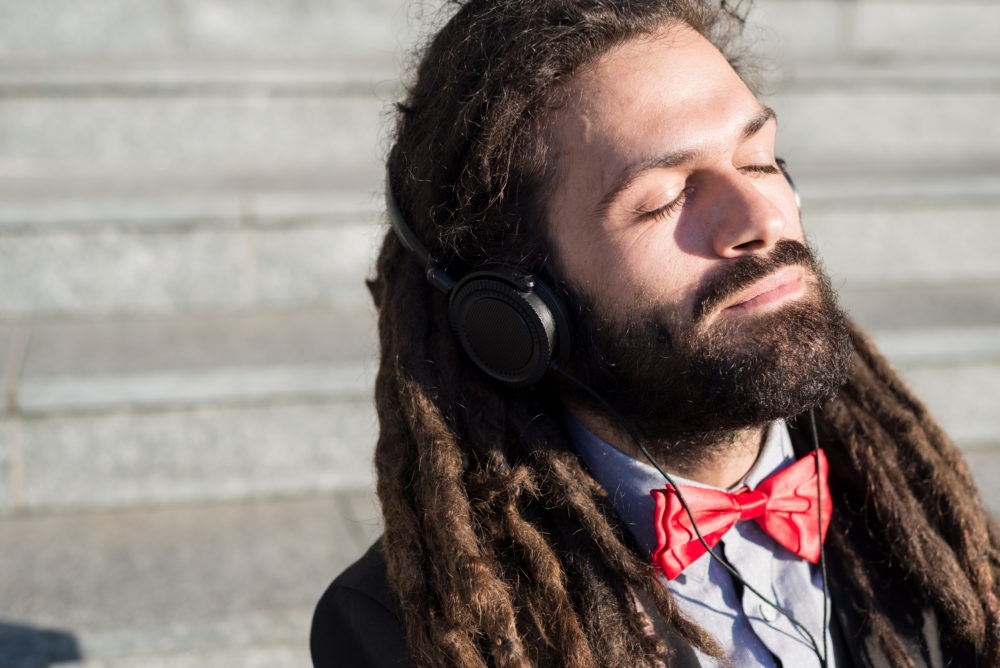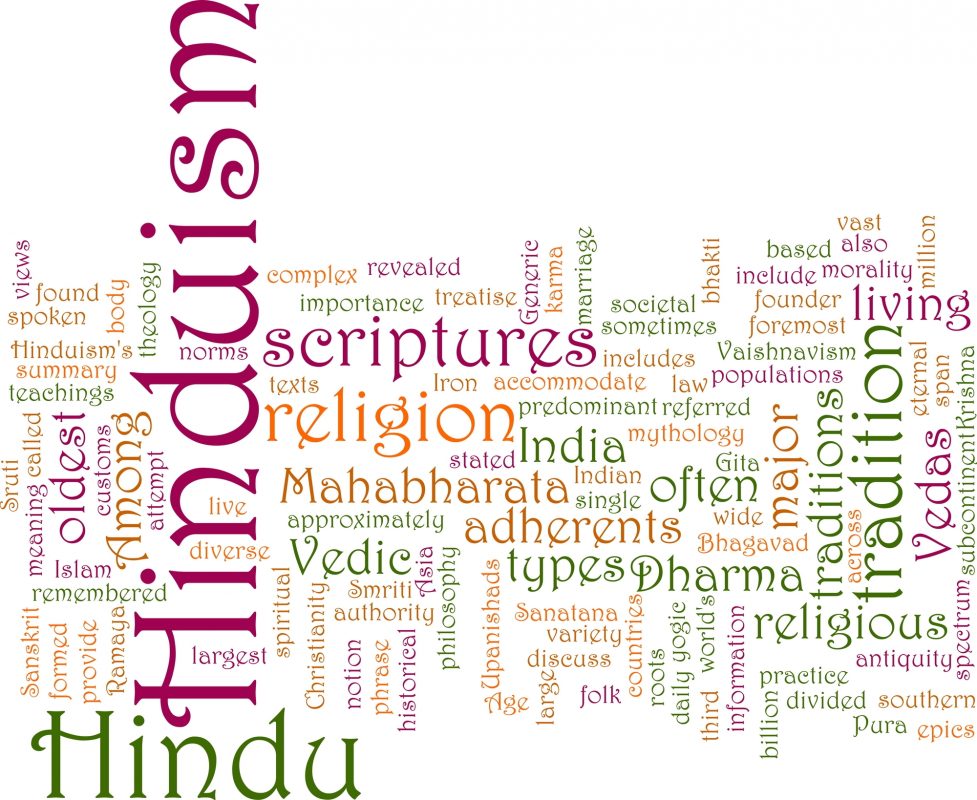One, if given a choice, would any day prefer a date with a stranger over a presentation or holding hands with his/her lover at the movies over a board of members meeting. We all know and admire the highs and ecstasy of love and we all detest the dullness and tedious nature of our work. […]
Category Archives: Applied Philosophy
When was the last time someone put aside everything to listen to you?
Shuddhaanandaa Brahmachari Why will you celebrate Holi? Is it just another chance for mundane, superficial, ‘unconscious fun’, lacking in its true spirit of pure, unadulterated, limitless joy? Is it going to be just another excuse for a break from routine life? Or is it going to be a celebration of our true Nature? Whether this […]
According to Jain Philosophy, each naya or point of view represents only one of the infinite aspects possessed by a thing from which we may attempt to describe it. When any such partial view is mistaken for the absolute truth, we have a fallacy.
According to Michael W. Passer & Ronald E. Smith, “emotions are feeling (or affect) states that involve a pattern of cognitive, physiological and behavioral reactions to events.” Charles Darwin believed that emotions serve many adaptive functions. For instance, experiencing the emotions of fear and alarm allows us to survive in life-threatening situations. The emotions of […]
In his 1992 book, The Five Love Languages: How to Express Heartfelt Commitment to Your Mate, Gary Chapman outlines the five ways to express and experience love. He calls these ways ‘languages of love’. Let’s look at each one of them! Words of Affirmation Solomon, author of ancient Hebrew Wisdom Literature, wrote, “The tongue has […]
As children, we were dependent on others for our emotional fulfillment. As adults, we have a choice – to live with the neglected wounds or to attend to them before they turn into scars. So here’s a list of things you can say to your inner child in order to kickstart the healing! 1. I […]
The word ‘Upanishad’ is derived from the root ‘sad’ which means to sit down, to destroy and to loosen. ‘Upa’ means ‘nearby’ and ‘ni’ means devotedly. The word therefore means the sitting down of a disciple near his teacher in a devoted manner to receive instruction about the highest reality which loosens all doubts and destroys all ignorance of the disciple.
Nandita Kochar Today, we revisit a much cherished tale of Osho’s about a Buddha and his black nose! Once there was a Buddhist nun with a Buddha made of gold. It was very beautifully carved and extremely pleasing to look at. The nun would carry it with wherever she went. Buddhist nuns and monks travel […]
Usually, these three terms are used to describe what’s on our plate and goes inside our stomachs. But Sattva, Rajas & Tamas originated as a part of bigger metaphysical explanation put forth by the Sankhya School of Indian Philosophy. Let’s see how! According to this philosophy, everything in the world can be divided into two […]










